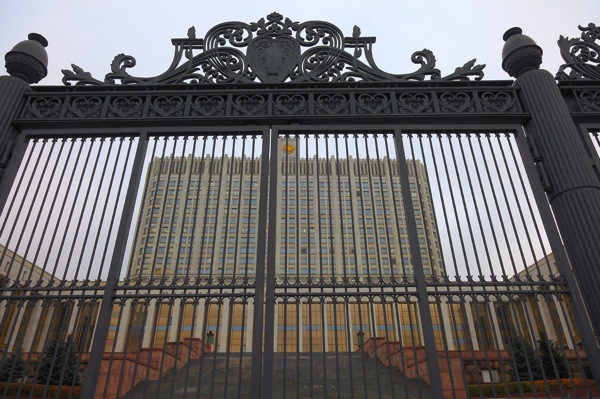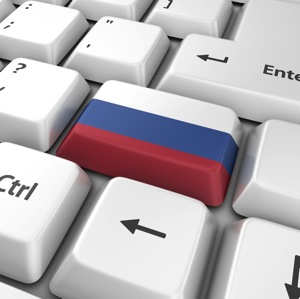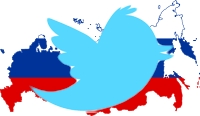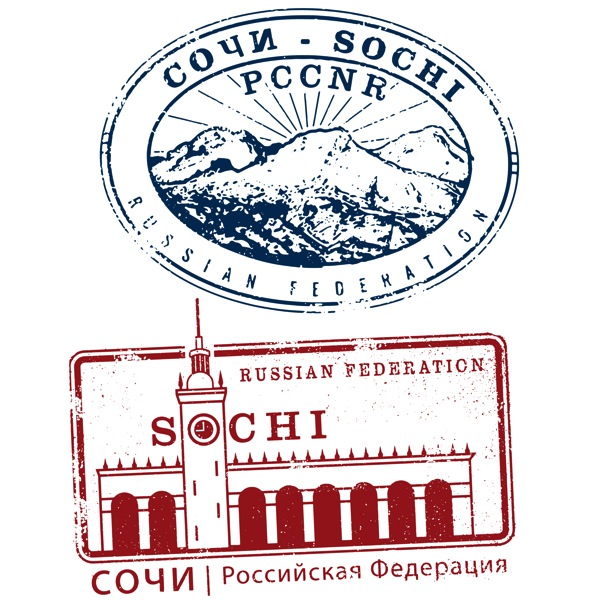 Russia's Surveillance State | World Policy Institute
In March of 2013 the Bureau of Diplomatic Security at the US State Department issued a travel advisory for Americans planning to attend the 2014 winter Olympics in Sochi, Russia.
Russia's Surveillance State | World Policy Institute
In March of 2013 the Bureau of Diplomatic Security at the US State Department issued a travel advisory for Americans planning to attend the 2014 winter Olympics in Sochi, Russia.
As I blogged before, this is expected to be one of the most aggressively surveilled events ever.
The advice for cyber protection in the advisory is interesting:
Consider traveling with “clean” electronic devices—if you do not need the device, do not take it. Otherwise, essential devices should have all personal identifying information and sensitive files removed or “sanitized.” Devices with wireless connection capabilities should have the Wi-Fi turned off at all times. Do not check business or personal electronic devices with your luggage at the airport. … Do not connect to local ISPs at cafes, coffee shops, hotels, airports, or other local venues. … Change all your passwords before and after your trip. … Be sure to remove the battery from your Smartphone when not in use. Technology is commercially available that can geo-track your location and activate the microphone on your phone. Assume any electronic device you take can be exploited. … If you must utilize a phone during travel consider using a “burn phone” that uses a SIM card purchased locally with cash. Sanitize sensitive conversations as necessary.
Obviously this is not just good advice for attending the Olympics, but would also apply to China, or any other situation where it is important to protect your electronic information.
The ability to conduct sophisticated surveillance and cyber attack is widespread. If you are engaged in business that is a likely target of economic espionage, then you should be following these kinds of practices any time you travel anywhere, and perhaps even at home.
Lance Cottrell is the Founder and Chief Scientist of Anonymizer. Follow me on Facebook and Google+.
 On September 24, the Russian Duma passed a bill moving the date on which all Internet services must host local data locally from Sept 1, 2016 to Jan 1, 2015. That is an effectively impossible timeline for international Internet companies, which is probably the whole point.
On September 24, the Russian Duma passed a bill moving the date on which all Internet services must host local data locally from Sept 1, 2016 to Jan 1, 2015. That is an effectively impossible timeline for international Internet companies, which is probably the whole point. The Russian Ministry of Internal Affairs recently announced a contest to create a method to identify Tor users, with a prize of about $114,000.
The Russian Ministry of Internal Affairs recently announced a contest to create a method to identify Tor users, with a prize of about $114,000.



